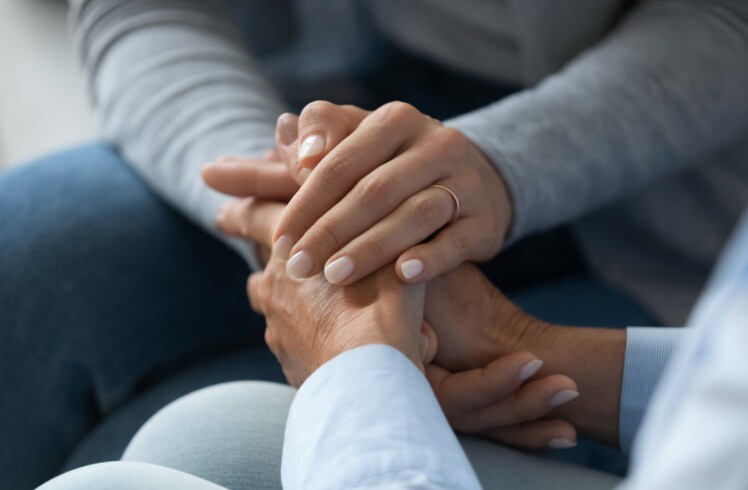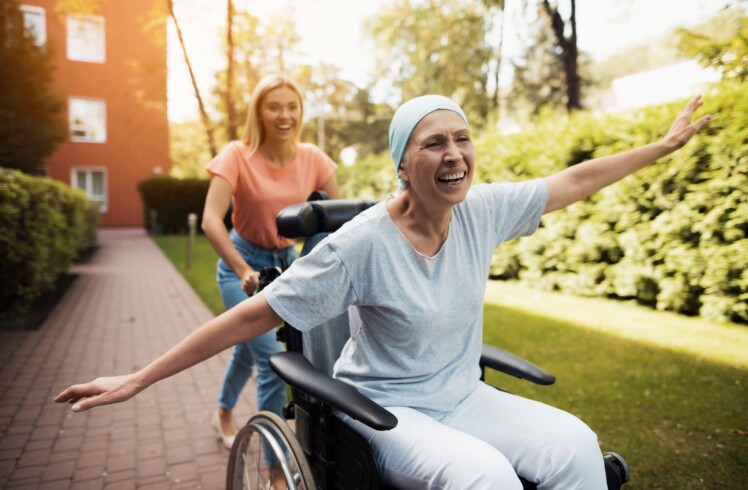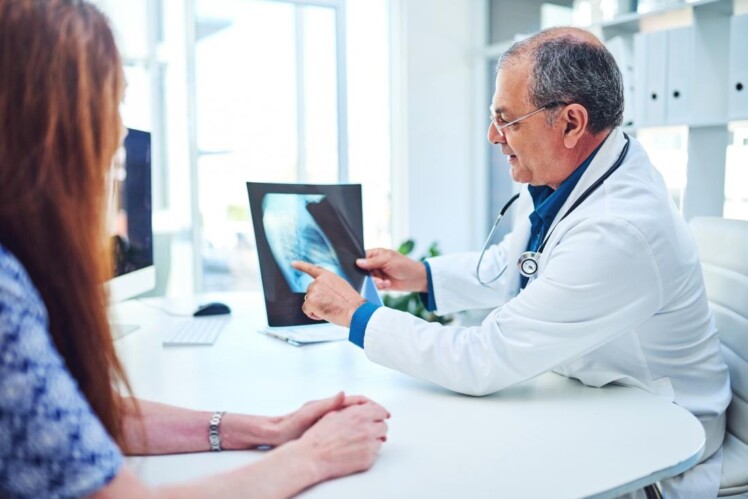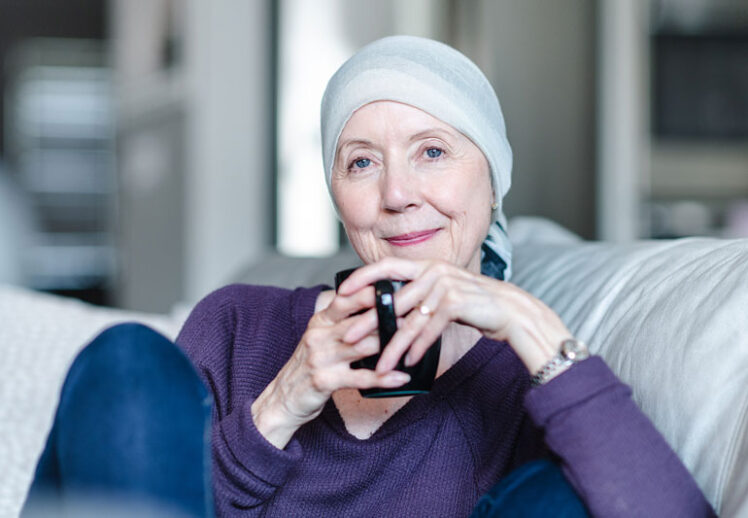Home › Health › Cancer
4 Best Ways To Become You Again After A Cancer Diagnosis
Published on:
There’s no turning back after a cancer diagnosis. Your life will easily transition forward towards seeking effective cancer treatment, therapy, and undergoing through a series of examinations and tests. Among the many changes you may possibly undergo and experience are physical and emotional changes. Even with your mental state, a cancer diagnosis result could make major repercussions in the way you perceive and understand things. At some point after a diagnosis, you might feel the need for treatment to be pointless, especially when the cancer stage is terminal.
However, obscure your situation is, there’s still more to a cancer diagnosis than just experiencing its negative impact to your life. With the continuous development of medicine, there are many options in the fight against cancer. Now, you can choose other measures to rebound and figure out your life during cancer treatment. With the use of modern technology, surviving your condition is just within your reach.
After all, your battle against cancer isn’t only centered about living through it but also gaining the ability to take back your life and become you again after a cancer diagnosis.
Here are some of the things you can do to get back from a shocking cancer diagnosis:

Contents
1. Never Blame Anyone, Even Yourself
Cancer doesn’t discriminate people. There are various factors that could increase your risk, but even people who are fit as a fiddle may get it. In fact, a joint study by MIT and Harvard in 2019 revealed that many cancerous growths stem from plain misfortune. In the event of a cancer diagnosis, many doctors may tell you not to blame anyone for getting cancer, not even yourself.
It’s an occurrence in your body spawned by many contributing factors. Primarily, cancer stems from errors in cell division. Like humans’ mistakes, cancer development happens at random and could be inevitable. You can think of the occurrence of cancer as typos, where' despite proofreaders’ efforts, one or two errors will get through.
Still, it doesn’t mean that you’re resigned to suffer from the disease. Detecting it before it gets the chance to spiral out of control has been the focus of anti-cancer efforts over the years. One example is a full-body MRI scan, which you can click this link now to learn more about it. The system can scan for 14 types of cancers without the risk of radiation.
Taking action this early shows that you’re willing to right some wrongs in your life. It’s better than wasting time regretting being unable to avoid getting cancer in the first place.

2. Still Choose ‘Healthy’
Even with the information, you still need to act upon it—and fast. For example, the rate at which breast cancer spreads, depends on a lot of factors. But doctors agree that there could be usually a five-year period from the time of diagnosis. Finding out about your cancer in its infancy may guarantee you with a close-to-100% survival rate. At stage 4, the rate drops to 22%.
Your body is doing its best to fight off the disease, so lend it a hand by preferring healthy options. A balanced diet is always in the frontline of struggles against illnesses, and cancer is no exception. Recent studies have eyed the following foods for their potential as cancer fighters.
Blueberries – A potent antioxidant, blueberries have phenolic compounds that can hinder the process in which cancer cells proliferate. They work best against skin cancer.
Nuts and Seeds – With a high fiber content, nuts and seeds can help keep the colon clean and mitigate cancer growth. Doctors believe they’re a great alter-native source of protein.
Fish – Fish is a treasure trove of nutrients, namely the cancer-fighting omega-3. This fatty acid helps reduce the inflammatory effects of chemotherapy while improving its efficacy.
Cheese – The nisin content in cheese like cheddar and brie had been found to inhibit tumor growth. It also helps protect against antibiotic-resistant bacteria, known as superbugs.
There’s no magic bullet among these foods. That’s why your plate needs to be as varied as possible. You’ll be surprised at how well you’ll feel after a hearty meal.

3. Pick Up a Hobby
Thinking about your cancer wouldn’t get you anywhere' near to a cure. If anything, it’ll drive you insane, affecting the decisions you make in your daily life. You might lose focus at work, which can cost you the only way to pay for treatment. Consider picking up an interest or hobby to take your mind off of such grim thoughts.
It is believed that picking up hobbies could give as much effect among cancer patients in living longer as being with family. There have been studies who have shown patients who pick up at least one hobby may live far longer than those cancer patients who wouldn’t.
As for you, your choice of hobby can be anything from the physical to the creative. Being preoccupied with a side project grants you the strength to go on. If you share your hobbies with minds that think alike, you also enjoy the benefit of establishing social ties thus building positive changes.

4. Don’t Be a Lone Wolf
Finally, no one must undergo through cancer treatment alone—not even you. Your fight with cancer is a battle you need to face with family. News of a cancer diagnosis can leave your friends and family just as distraught as you may feel. They’re involved in giving you the best kind of cancer care they can.
Aside from the emotional support you could get from your friends and family, you may seek refuge from a growing number of cancer support groups. Getting diagnosed with cancer could be isolating and overwhelming; it could make you feel outcasted even from your closest inner circles. Joining support groups to meet people who share the same fate as you do may lessen your feeling of isolation and help you feel grounded and connected. In a support group you’re encouraged to express your emotions and release your anxiety among with others who may feel the same.
Final Thoughts
There’s no denying that being diagnosed with cancer is life-changing news. It may affect everything in your life from your work status, physical capabilities, and emotional hygiene. But a diagnosis, however, doesn’t have to always mean it’s the end for you albeit you may look for things you may do to recover from a cancer diagnosis and start living. More importantly, subscribe to your doctor’s advice for a better recovery process.
Share With Your Friends